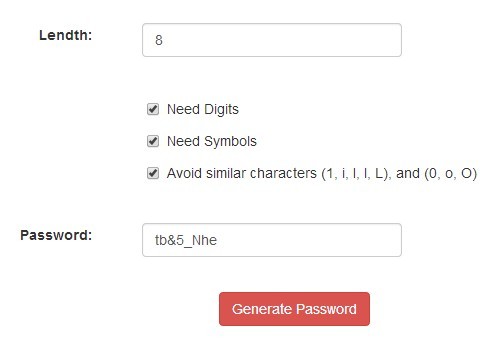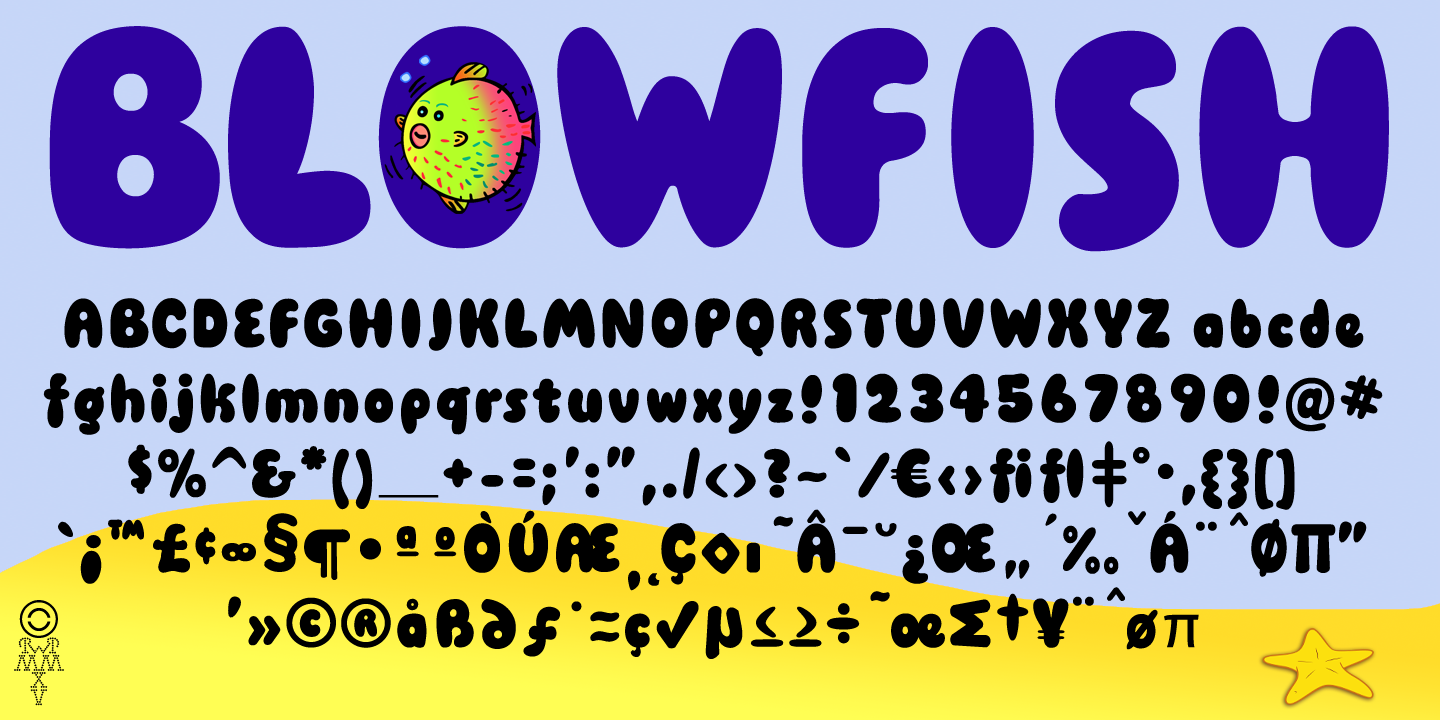

phpass was released in 2005 when a typical web host ran PHP 4 and a typical web app used raw MD5.
Blowfish password generator portable#
phpass (pronounced ' pH pass') is a portable public domain password hashing framework for use in PHP applications. When using a hashing algorithm for passwords it is wise to use "salt". Hashing is a more appropriate term since encryption is something that is supposed to be easily reversible. This makes it more difficult to steal passwords, and if the hash is taken, the user's password is not necessarily compromised. Password hashing algorithms allow a password to be stored, in a website's database for instance, without having to store the actual password. SHA-1 has also historically been used as a password hashing algorithm. This is done to detect malicious tampering, or file corruption. Text or files are fed into the MD5 algorithm and the resulting hash would change if the file had been changed. SHA-1 is often used as a checksum algorithm. It was widely used for signing of SSL certificates, but is being phased out and will no longer be supported by many browsers by 2017. In 2005, SHA-1 was found to no longer be secure enough for ongoing use in high security environments.

SHA-1 was designed to be collision resistant, meaning that two inputs could not have the same hash value. SHA-1 is one-way, meaning that the original input cannot be be determined simply by knowing the hash value. It creates a 40 byte hash value for the input of the algorithm. SHA-1 (Secure Hash Algorithm) is a 160 bit cryptographic hash function created by the NSA in 1995.

If you are using salt, make sure to include that in the string. This is a quick way for you to verify a hash you are working with is correct. This SHA-1 tool hashes a string into a message digested SHA-1 hash.


 0 kommentar(er)
0 kommentar(er)
